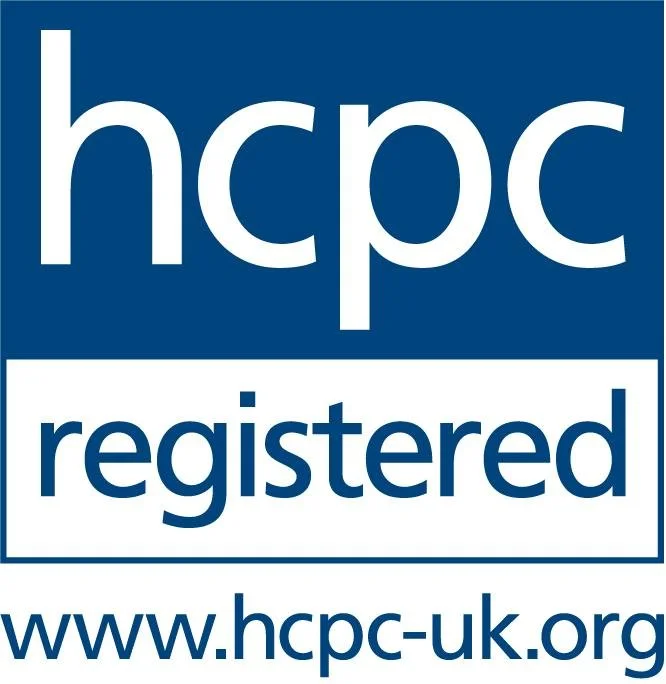About Me
My Story
For over a decade, I have worked in a broad range of healthcare settings. I have also previously enjoyed voluntary roles within disability services (working with both adults and children) and Acquired Brain Injury services. I am highly trained to work with people in relation to a variety of psychological difficulties. I believe that one of the most crucial elements of therapy is recognising the uniqueness of each person and their psychological needs. For this reason, I tailor my treatment approach to each person based on a combination of my psychological training and the specific therapeutic goals and needs of the individual. I engage in ongoing professional training as well as professional supervision to ensure that I continue to provide a safe, evidence-based space for my clients.
Areas of Special Interest
-
Post-Traumatic Stress Disorder (PTSD)
PTSD is a mental health condition which can occur as a result of a person experiencing a highly distressing event. Someone with PTSD may experience feelings of isolation, irritability and guilt. It is also common for someone with PTSD to relive the traumatic event and this can happen via nightmares and flashbacks which are often highly distressing and can understandably result in trouble sleeping and difficulty concentrating.
-
Complex Post Traumatic Stress Disorder (cPTSD)
While PTSD is often used to refer to the experience of a single traumatic event, complex PTSD is the name given to the experience of multiple traumas. A person who experiences complex PTSD may experience feelings of worthlessness, shame and guilt; problems controlling emotions; difficulties feeling connected to other people and may experience relationship problems in addition to the symptoms of PTSD.
-
Depression
Depression may affect people in different ways and can cause a wide variety of symptoms. It can be natural to go through periods of feeling down, but depression includes feelings of persistent sadness as well as feelings of hopelessness which last for weeks or months rather than a few days. There are also physical symptoms that accompany depression and these can include feeling constantly tired, sleeping badly (including early morning wakefulness), having no appetite or sex drive, and experiencing aches and pains.
-
Anxiety Disorders
Anxiety can be described as a feeling of fear. This feeling is something that everyone experiences from time to time. Feeling anxious can be a natural reaction to some situations, however, if it is experienced for long periods of time and at a heightened severity, it can have a significant impact on your daily life. There are many different types of anxiety disorders including Generalised Anxiety Disorder, Panic Disorder, Obsessive Compulsive Disorder, Health Anxiety and Social Anxiety.
-
Emotion Dysregulation
Emotional dysregulation is a complex set of processes which can cause a person to struggle with awareness, understanding, and acceptance of their emotions. A person who experiences emotion dysregulation may also struggle to maintain the pursuit of their individual goals while experiencing emotional distress.
-
Self-Esteem
Self-esteem is how we perceive and value ourselves. It is heavily based on our beliefs about ourselves, which can feel challenging to change. Having difficulties with your sense of self-esteem may show up as struggles with asserting yourself, creating and maintaining boundaries, recognising your strengths, extending compassion to yourself, liking and valuing yourself, believing you matter, taking the time you need for yourself, forgiving yourself for past mistakes and believing you deserve happiness.
My Qualifications
Professional Accrediting Body and Memberships
Bachelor of Arts (B.A.) from the University of Galway
Postgraduate Diploma in Psychology (PG Dip) from Cardiff University
Master of Science in Applied Behaviour Analysis (MSc) from the University of Galway
Doctor of Psychological Science, Clinical Psychology (DPsychSc) from the University of Galway
My Approach
My goal is to support and empower my clients to build an understanding of their difficulties, heal from past trauma, recognise their unique strengths, make meaningful changes and ultimately create a life that feels aligned with their individual values.
I strive to provide a warm, compassionate, empathic and non-judgemental environment and use evidence-based therapies to support my clients in building healthier, stronger and more authentic relationships with themselves and others.
My work is formulation-driven, meaning that I develop a psychological understanding of your difficulties which I share with you and which ensures that your healing journey is personalised to you.
During therapy, I draw on various psychological approaches in accordance with both the problem that is being treated and my assessment of what will be most beneficial to you. I draw from cognitive behavioural, dialectical behavioural and compassion-focused therapy approaches. In addition, having completed training in Eye Movement Desensitisation and Reprocessing therapy (EMDR), I am especially interested in working within the Adaptive Information Processing model which underpins EMDR. There is extensive empirical literature which shows that EMDR can be an effective treatment for trauma-related symptoms as well as a variety of other mental health conditions such as anxiety, depression, and eating disorders.
Contact me
Please e-mail me to schedule an online assessment or initial therapy consultation.

